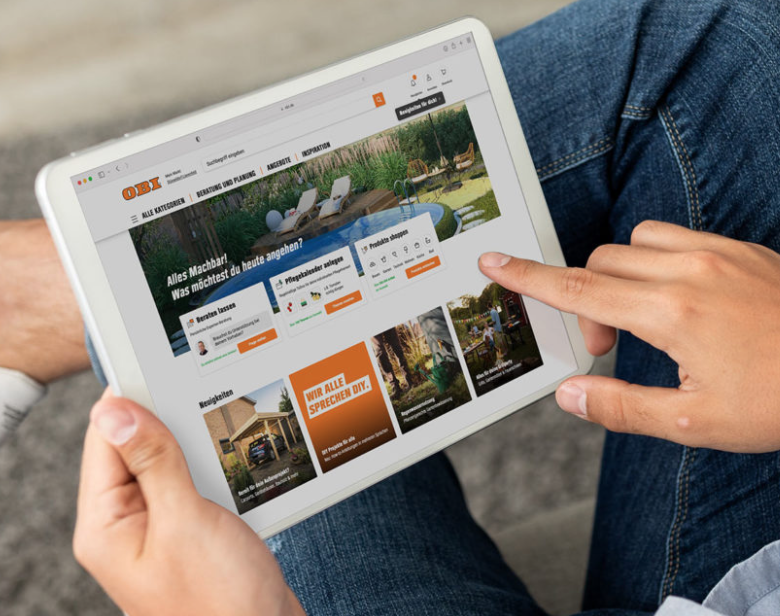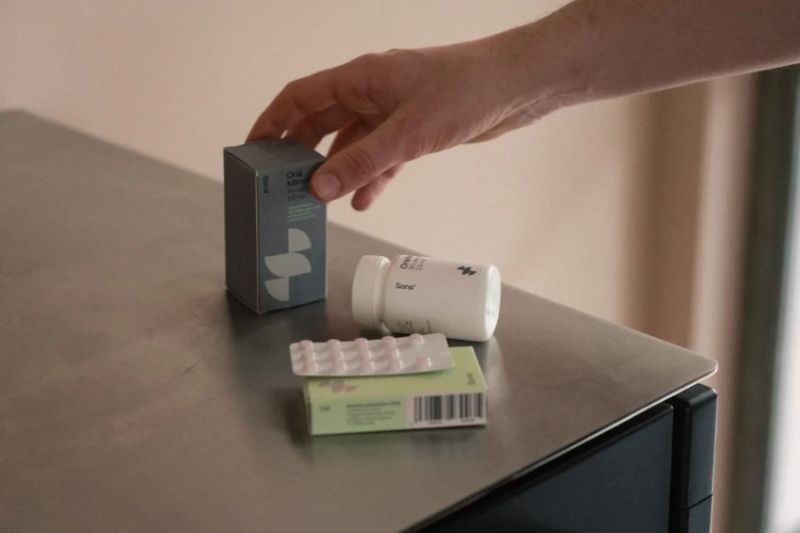Same-day delivery will be the norm by 2023, predicts a new study that asked retail and logistics professionals for their views.
The Future of Fulfillment Vision Study from enterprise stock solutions business Zebra Technologies, also suggests a significant minority foresee two-hour delivery by 2028.
The study, carried out with research partner Qualtrics, surveyed more than 2,700 professionals working in the transportation, logistics, retail and manufacturing industries in 16 countries including the UK and drawn from across the Americas, Europe and Australasia, on their omnichannel logistics plans and experiences in 2017.
Looking to the future, they predicted disruption as innovations including drones, autonomous vehicles and crowdsourced delivery come to the fore.
Some 78% of logistics companies expect to provide same-ay delivery by 2023, while 40% say they can see delivery taking place within two hours by 2028. By the same year, 87% expect to be using crowdsourced delivery or a network of drivers that choose to take on their order.
As yet, however, only 39% of those from the supply chain said they were already operating at an omnichannel level, with reducing backorders their biggest challenge to achieving this, followed by inventory allocation and foreign costs. found reducing backorders was the biggest challenge to reaching omnichannel fulfillment for one-third of respondents followed by inventory allocation and freight costs.
Some 76% of the retailers surveyed said they use store inventory to fill online orders, and 86% said they plan to implement click and collect solutions by next year. Some are retrofitting stores to double as online fulfilment centres and reducing selling space in order to do so.
Most (87%) agreed that accepting and managing product returns was a challenge as the increase in free and fast product delivery has been met with an increase in product returns. Seven in 10 of the executives questioned agreed that more retailers will turn stores into fulfillment centers that accommodate product returns. More than 60% of the retailers that currently do not offer free shipping, free returns or same-day delivery plan to do so while 44% expect to outsource returns management to a third party.
Today 55% of organisations enable their omnichannel logistics through pen-and-paper processes, although 72% do use barcode technology. By 2021, handheld mobile computers with barcode scanners will be used by 94% of respondents for omnichannel logistics.
The use of radio-frequency identification (RFID) technology and inventory management platforms is expected to grow by 49% in the next few years in order to improve stock information.
Looking to the future, respondents said they expect the most disruptive technologies to be drones (39%), driverless/autonomous vehicles (38%), wearable and mobile technology (37%) and robotics (37%).
In Europe and the Middle East, retailers are moving to fulfil digital orders directly from their physical stores, calculating that a network of stores can get digital orders faster and more efficiently than a handful of centralised warehouses. More than 80% use store inventory to fulfill orders and 29% expect this to increase by more than 10% over the next five years.
Image: Fotolia.com © concept w








